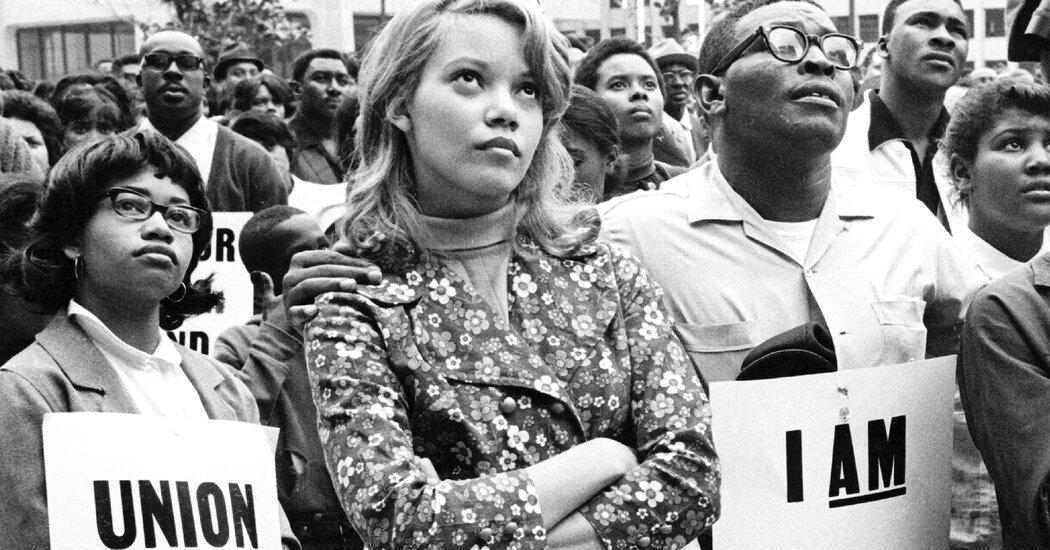As the sociologist Jack M. Bloom puts it in “Class, Race and the Civil Rights Movement,”
The apparent defeat of Populism and the subsequent disenfranchisement of blacks brought about a severe setback for these whites, as well. Many of them lost the right to vote. They were subject to the harsh terms of their employers, and they remained without labor unions to counter the power the wealthy retained. When they did try to form unions, they found the region’s tradition of violence turned against them.
White supremacy had triumphed, but not all whites would be supreme.
Jim Crow did not eradicate Black political action or erase class conflict among whites. Nonetheless, it established a hierarchical order of social and economic dominance by the owners of land and capital. It also produced a world of poverty and disinvestment, of Robert Penn Warren’s torn-down mills and grass covered tracks and “whitewashed shacks, all just alike, set in a row by the cotton fields.”
It was in defense of this world that Southern political and economic elites bitterly resisted organized labor as it grew by leaps and bounds in the 1930s, backed by Franklin Roosevelt, Robert Wagner and the National Labor Relations Act. It was in defense of this world that those same elites fought, successfully, to derail the Congress of Industrial Organizations’ postwar effort to organize the South, Operation Dixie.
It was in defense of this world, as the historian Katherine Rye Jewell points out in “Dollars for Dixie: Business and the Transformation of Conservatism in the Twentieth Century,” that Southern elites fashioned cultural traditionalism, anti-New Dealism and free market ideology into a new mantra of “free enterprise,” meant to stand athwart a supposed movement “away from individual responsibility, states’ rights, and local and community self-government,” in the words of the Southern States Industrial Council, a business group organized in opposition to Roosevelt’s vision for the country.
Organized labor was, is and remains an existential threat to the political and economic elites of a region whose foremost commitment is to the maintenance of an employer-dominated economy of low-wage labor and its attendant social order. Where an earlier generation complained of C.I.O. “communism,” this one warns of U.A.W. socialism. “They proudly call themselves democratic socialists,” the statement issued on Tuesday by the Republican governors says.

